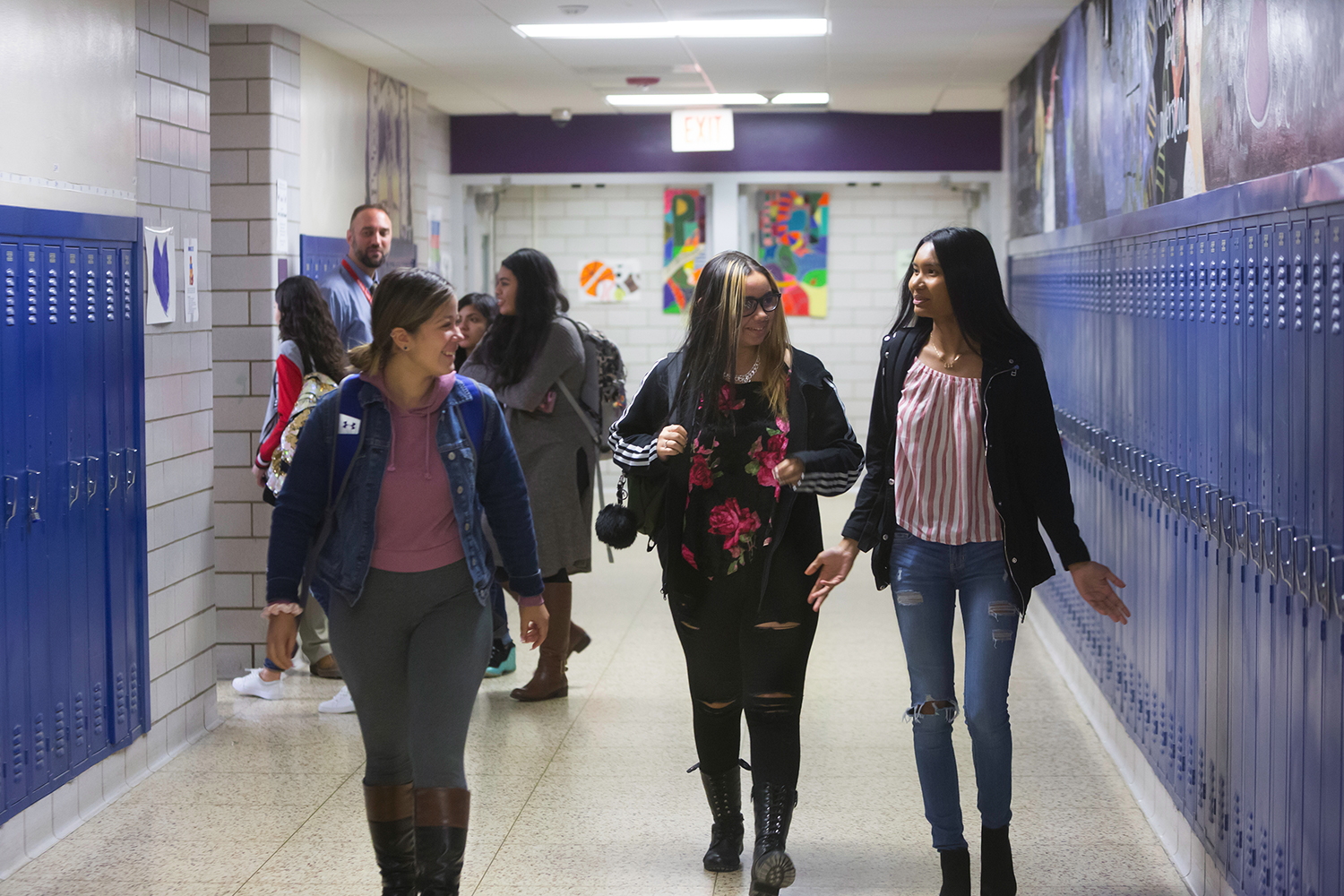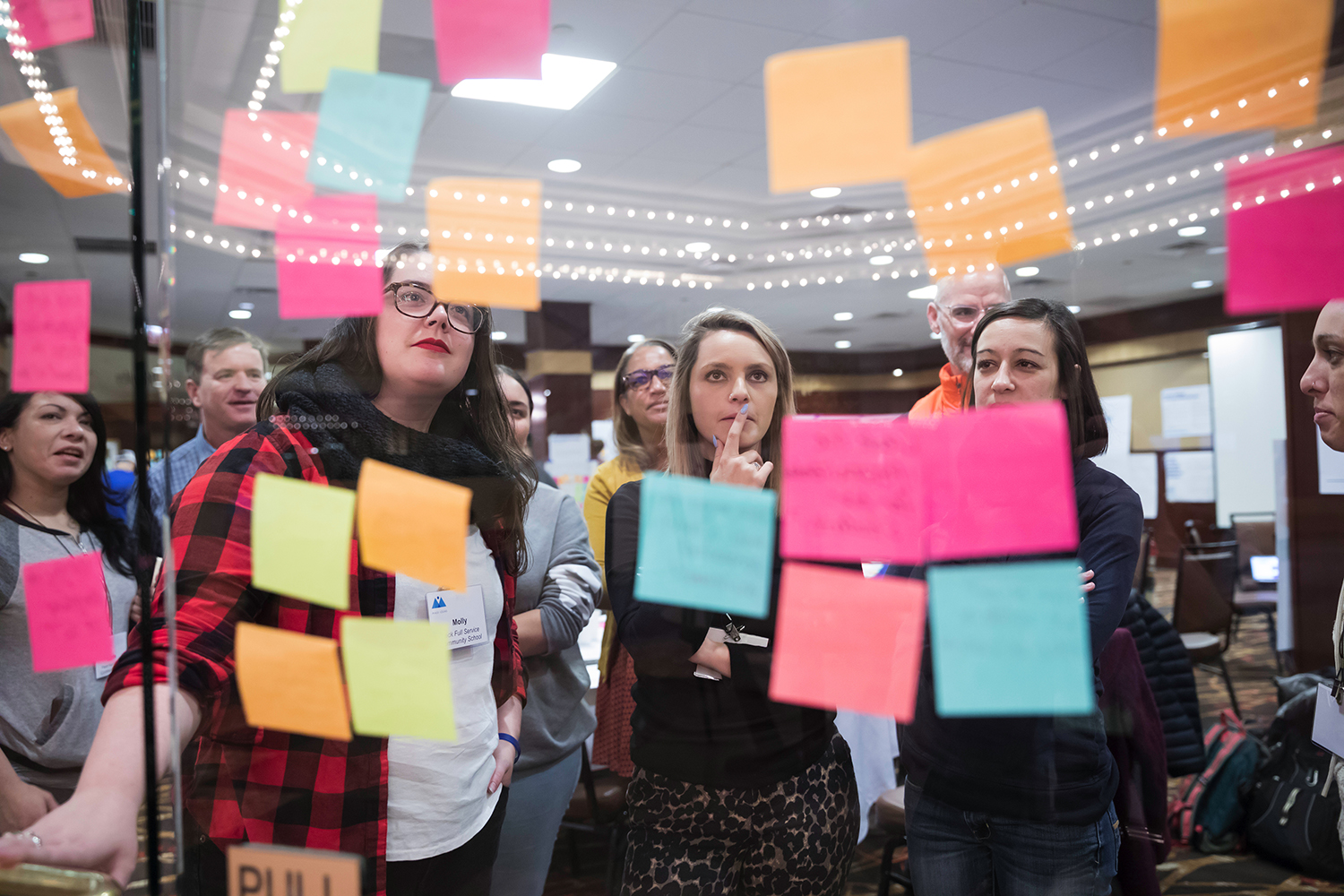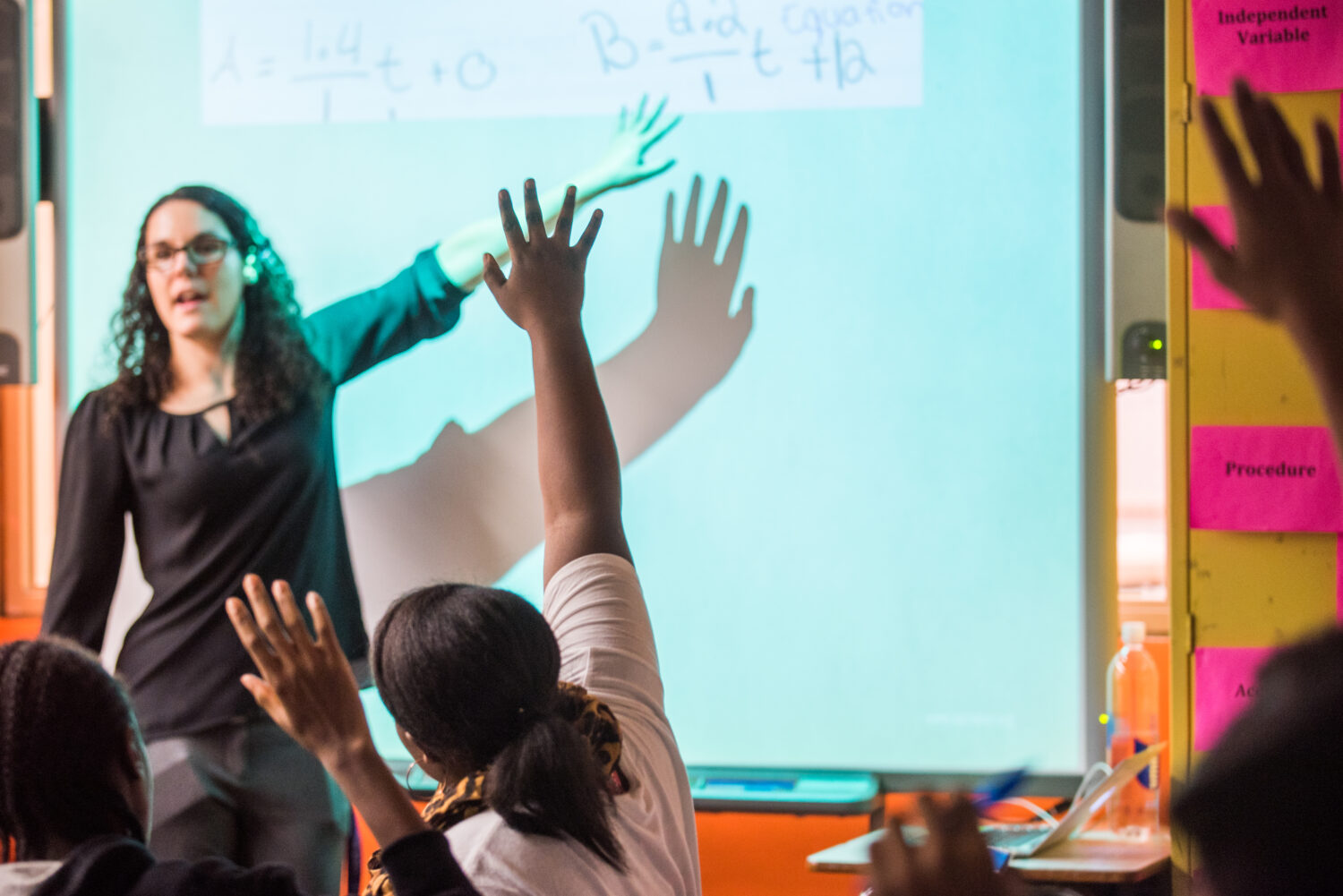Massachusetts has earned a reputation as a national leader in public education. However, achieving a system that prepares every young person for success requires a commitment to continuous improvement and honest reflection about what works. The Rennie Center for Education Research & Policy offers a valuable status check on the state of education in the Commonwealth. Its annual report, “The Condition of Education (COE) in the Commonwealth: Priority Actions for a Statewide Education Agenda”, includes data on achievement numbers, a policy action guide, and examples of programs that are achieving significant success.
According to Pendred Noyce, chair of the Rennie Center’s board, the report “highlights what works now” to help policymakers and educators harness the lessons learned from effective school practices. Among the efforts spotlighted in the report are two Barr grantees: Boston K1DS and City Connects.
The Rennie Center recommends that policymakers consider the Boston K1DS project as a model for increasing high-quality pre-kindergarten across the state. Boston K1DS is a three-year demonstration project that is expanding Boston Public Schools’ pre-kindergarten model—one of the best in the nation—to fourteen center-based preschool classrooms. My colleague Kim Haskins discussed it in a post last summer, “A New Approach to Scaling High Quality Pre-Kindergarten”. The Rennie Center highlights Boston K1DS for addressing several key challenges to pre-k expansion:
- Access: In Boston, affordable year-round pre-k programming is difficult to find. By incubating programs in community-based centers, the city can more quickly bring quality programming to scale than it could through its public schools alone.
- Quality: Boston K1DS requires professional training for its educators and provides ongoing professional development.
- Funding equity: The program offers financial support to increase educators’ salaries with the goal of improving the credentials, morale, and stability of educators in community settings.
In addition, the Rennie Center’s COE report recommends building upon the work of City Connects to develop a robust statewide approach to student support. The Rennie Center notes that “a child’s economic background remains strongly predictive of his or her likelihood of succeeding in school, earning a diploma, and engaging in the adult workforce.” Out-of-school factors (i.e., poverty, hunger, homelessness) account for two-thirds of the achievement gap between low-income students and their peers. City Connects, currently operating in sixty-five schools located in Boston and Springfield, as well as in New York and Ohio, connects each child with a tailored set of intervention, prevention, and enrichment services located primarily in the community. Students enrolled in City Connects are shown to significantly outperform their peers academically and, after they leave the intervention in grade 5, are fifty-percent less likely to drop out of school. In addition to highlighting its impact numbers, the Rennie Center’s COE report acknowledges several distinct features of the City Connects model:
- A single point of contact: The school site coordinator—a full-time school counselor or social worker—is the backbone of the program. The coordinator works with teachers and others to assess each student, create individualized support plans, connect students to relevant services, and monitor effectiveness.
- Tailored supports for all: School teams review the strengths and needs of every student, grouping students into four tiers of escalating risk and identifying appropriate supports, ranging from prevention and enrichment. Plans are customized to the individual and adjust as students’ needs change, with services provided by school partners.
- Data-informed decisions: A secure database helps staff track referrals, service delivery, and student outcomes. School teams regularly review these data to check the degree to which interventions have been faithfully implemented, measure their effectiveness, and modify support plans as needed.
- Development of partnerships: The school is the nexus of service, with community partners providing many of the services. Those relationships are formalized through a Resource Advisory Council that represents agencies working at the school.
By evaluating impact and building upon proven models of effective programming, the state can take a significant step towards ensuring each child has a strong foundation for success in the future.




